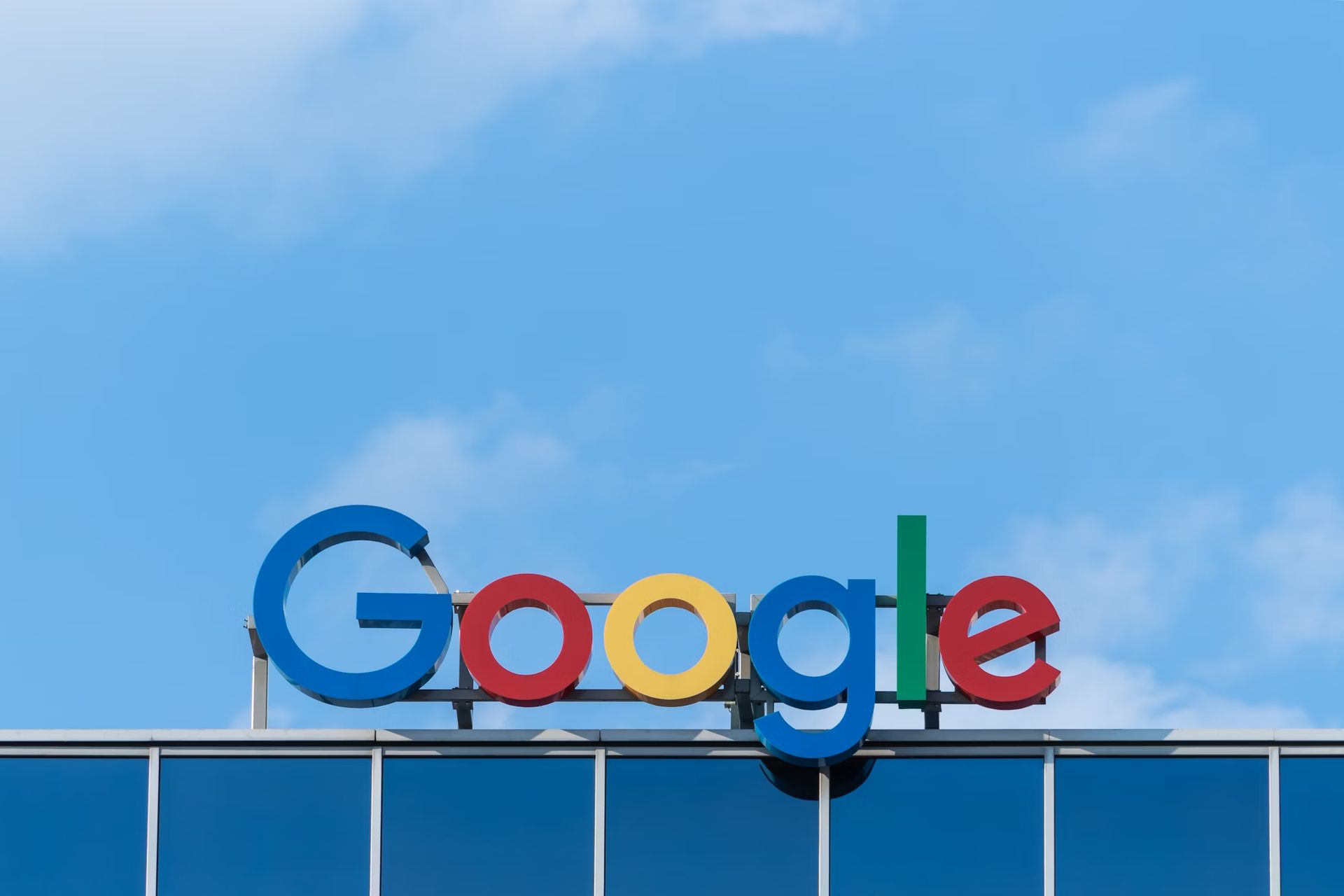and the distribution of digital products.
Meta and Google are in trouble with AI hallucinations

Meta’s AI assistant mistakenly claimed that the recent attempt to assassinate former President Donald Trump did not occur. A company executive has explained this mistake as a flaw in the underlying technology of the chatbot and similar systems.
Does Meta and Google censor some politicians?In a blog post on Tuesday, Joel Kaplan, Meta’s global head of policy, described the AI’s responses to queries about the incident as “unfortunate.” He noted that initially, Meta AI was set up to avoid addressing questions about the assassination attempt, but this limitation was lifted after users began to take notice.
“Meta AI continued to provide incorrect answers, including sometimes asserting that the event didn’t happen – which we are quickly working to address,” he said.
“These types of responses are referred to as hallucinations, which is an industry-wide issue we see across all generative AI systems, and is an ongoing challenge for how AI handles real-time events going forward. Like all generative AI systems, models can return inaccurate or inappropriate outputs, and we’ll continue to address these issues and improve these features as they evolve and more people share their feedback,” he added.
 Meta’s AI assistant mistakenly claimed that the recent attempt to assassinate former President Donald Trump did not occur (Image credit)
Meta’s AI assistant mistakenly claimed that the recent attempt to assassinate former President Donald Trump did not occur (Image credit)
Meta isn’t the only tech giant facing scrutiny. Google also had to address accusations on Tuesday that its Search autocomplete feature was censoring information about the assassination attempt on former President Donald Trump.
Elon Musk had claimed without evidence that Google had implemented a “search ban” on Trump, prompting Google to clarify that the issues were actually due to bugs in the autocomplete function. Despite this, Musk’s tweet, which garnered over 118 million views, compelled Google to publicly explain how this basic feature operates.
Although Google did not directly mention Elon Musk, over the weekend, Musk alleged that “Google has a search ban on President Donald Trump.” This assertion seemed to stem from a screenshot showing Google suggesting “president donald duck” and “president donald regan” when “president donald” was entered into the search bar.
On the same day, Donald Trump Jr. posted a similar image showing no autocomplete results related to Donald Trump for the search phrase “assassination attempt on.” Both Trump Jr. and Musk accused Google of “election interference.”
Over the past few days, some people on X have posted claims that Search is “censoring” or “banning” particular terms. That’s not happening, and we want to set the record straight.
The posts relate to our Autocomplete feature, which predicts queries to save you time. Autocomplete…
— Google Communications (@Google_Comms) July 30, 2024
In its posts on Tuesday, Google clarified that users can search for anything they want, regardless of the autocomplete suggestions. The company noted that “built-in protections related to political violence” had blocked autocomplete from suggesting Trump-related searches, but acknowledged that these systems were outdated.
Additionally, Google attributed the unusual suggestions for “president donald” to a “bug that spanned the political spectrum,” which also affected searches related to former President Barack Obama and other notable figures.
 Elon Musk had claimed without evidence that Google had implemented a “search ban” on Trump (Image credit)
Elon Musk had claimed without evidence that Google had implemented a “search ban” on Trump (Image credit)
Google also addressed why articles about Kamala Harris appeared in search results for Donald Trump, explaining it wasn’t due to a conspiracy but because both politicians, who are actively campaigning for president, are frequently mentioned together in news articles. Despite this explanation, Musk’s post on X has sparked a wave of conspiracy theories about Google’s motives, although this should be evident to anyone familiar with internet search dynamics.
Musk’s post, which questioned if Google was meddling in the election, carried a layer of irony since he himself faced criticism that same weekend for sharing a manipulated video of Kamala Harris without proper labeling, violating his own company’s policies
Although Google did not explicitly reference Musk’s post in its statements, the company did highlight that X’s search feature has also had its share of problems. Google stated, “Many platforms, including the one we’re posting on now, will show strange or incomplete predictions at various times.”
Featured image credit: Igor Omilaev/Unsplash
- Home
- About Us
- Write For Us / Submit Content
- Advertising And Affiliates
- Feeds And Syndication
- Contact Us
- Login
- Privacy
All Rights Reserved. Copyright , Central Coast Communications, Inc.